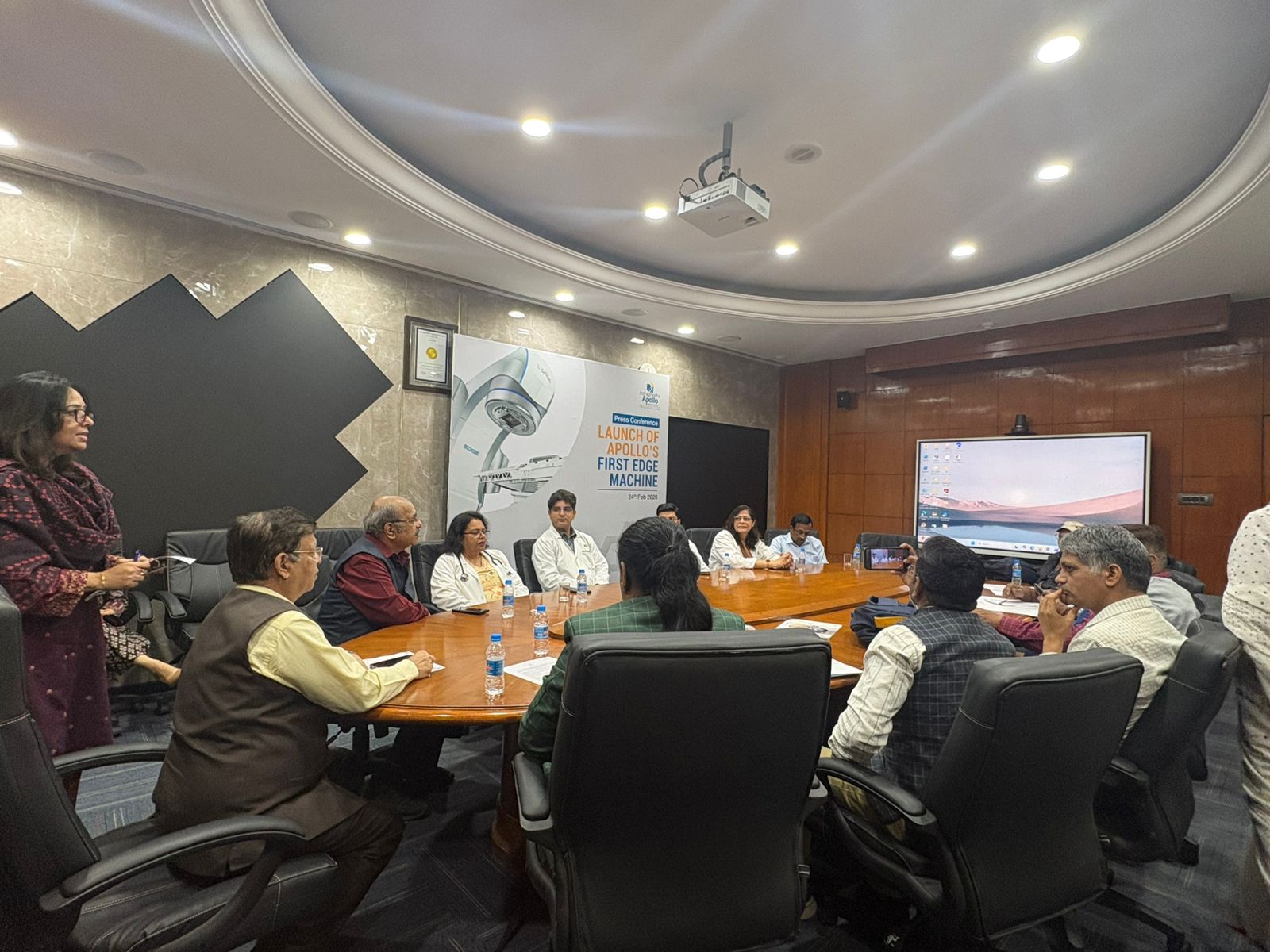When you suffer an injury due to someone else’s negligence, understanding your legal rights becomes essential. In Rhode Island, civil litigation injury law offers injured individuals a legal pathway to seek compensation. This area of law is designed to address non-criminal disputes and to hold at-fault parties accountable through financial restitution. Whether it’s a car accident, slip and fall, or workplace injury, knowing how Rhode Island civil litigation injury law works can significantly influence the outcome of your case.
Table of Contents
What Is Civil Litigation Injury Law?
Civil litigation injury law refers to a category of legal disputes in which one party seeks damages for harm suffered due to another party’s actions or negligence. In Rhode Island, these disputes are typically resolved in civil courts, where the injured party (plaintiff) must prove that the defendant was legally responsible for the injury.
Unlike criminal law, where the focus is on punishing wrongdoers, civil litigation focuses on compensating the victim. The burden of proof is also lower in civil cases—plaintiffs only need to demonstrate their case by a “preponderance of the evidence.”
Types of Cases Covered Under Rhode Island Civil Litigation Injury Law
Rhode Island civil litigation injury law encompasses a wide range of incidents. Common types of injury cases include:
- Motor Vehicle Accidents: Includes car, truck, motorcycle, and pedestrian accidents.
- Premises Liability: Injuries occurring on someone else’s property due to unsafe conditions.
- Product Liability: Harm caused by defective or dangerous products.
- Medical Malpractice: Injuries resulting from medical negligence or failure to provide proper care.
- Workplace Injuries: Especially when third-party negligence is involved, outside of workers’ comp claims.
- Dog Bites: Injuries caused by animal attacks due to owner negligence.
- Wrongful Death: When an individual dies as a result of another’s actions or negligence.
Each of these cases requires a detailed legal strategy and deep understanding of Rhode Island’s civil procedures.
Key Elements to Prove in Civil Injury Litigation
To succeed in a Rhode Island civil litigation injury law case, the plaintiff must typically prove the following:
- Duty of Care: The defendant had a legal duty to act reasonably and avoid causing harm.
- Breach of Duty: The defendant failed to meet that duty.
- Causation: The breach directly caused the injury.
- Damages: The plaintiff suffered measurable harm (physical, financial, emotional).
Negligence is the most common legal theory used in these claims, and proving it is essential to recovering damages.
Legal Process for Civil Litigation Injury Cases in Rhode Island
The civil litigation process involves several critical steps:
- Filing a Complaint: The injured party initiates the lawsuit by filing legal documents in court.
- Discovery Phase: Both sides exchange evidence, interview witnesses, and build their cases.
- Pre-Trial Motions: Attorneys may file motions to exclude evidence or dismiss the case.
- Settlement Negotiations: Many cases are settled out of court during or after discovery.
- Trial: If no settlement is reached, the case goes to trial, and a judge or jury delivers a verdict.
- Appeals (if necessary): If either party disagrees with the outcome, they may appeal the decision.
Damages You Can Recover in Civil Litigation Injury Cases
Victims of personal injury may be entitled to various forms of compensation, such as:
- Medical Expenses: Including hospital bills, surgeries, rehabilitation, and medication.
- Lost Wages: Income lost due to missed work, both current and future earnings.
- Pain and Suffering: Compensation for physical pain, emotional distress, and loss of enjoyment.
- Punitive Damages: In rare cases, where the defendant’s behavior was especially egregious.
The specific amount of compensation depends on the case’s circumstances and how well your legal team proves your claim.
Rhode Island Laws That May Affect Your Case
Here are some Rhode Island-specific laws that influence civil litigation injury cases:
- Statute of Limitations: You generally have three years from the date of injury to file a lawsuit.
- Comparative Fault Rule: If you’re partially at fault for your injuries, your compensation may be reduced by your percentage of fault.
- Damage Caps: Rhode Island generally does not impose caps on personal injury damages, except in medical malpractice cases.
Why Hiring a Civil Litigation Injury Attorney Is Critical
The legal landscape of Rhode Island civil litigation injury law can be complex, especially when dealing with insurance companies or corporate defendants. Here’s why hiring an experienced injury attorney is beneficial:
- Expertise in Personal Injury Law
- Strong Negotiation Skills
- Access to Expert Witnesses and Investigators
- Ability to Handle All Legal Paperwork and Court Procedures
- Maximizing Compensation for Damages
Key Benefits of Legal Representation
Hiring the right legal team offers distinct advantages. A knowledgeable civil litigation attorney will:
- Evaluate the Strength of Your Case
- Provide Strategic Legal Guidance
- Handle All Communication with Insurers
- Help You Understand Your Legal Rights
- Fight Aggressively in Court When Needed
When Should You Contact a Lawyer?
You should contact a civil litigation injury lawyer immediately after:
- Suffering any injury due to someone else’s negligence
- Receiving subpar medical treatment
- Being involved in a workplace accident involving third-party negligence
- Facing a denied insurance claim
Early legal intervention ensures that crucial evidence is preserved, and deadlines are met.
Why Almagno Law is Your Trusted Legal Partner
When it comes to navigating complex civil litigation matters, Almagno Law stands out for its commitment to client advocacy, strategic litigation, and proven results. Their team understands the intricacies of Rhode Island civil litigation injury law and works diligently to build strong cases backed by evidence and expert testimony.
Whether you’re dealing with a catastrophic injury or a dispute involving wrongful death, Almagno Law ensures your voice is heard, and your rights are protected. Their compassionate yet aggressive approach means you’re not just another case—you’re a client they fight for with unwavering dedication.
Additionally, Almagno Law’s expertise isn’t limited to injury claims. If your case involves regulatory issues, government disputes, or agency reviews, their team includes a highly experienced administrative law attorney who can guide you through the complexities of administrative proceedings with confidence.












